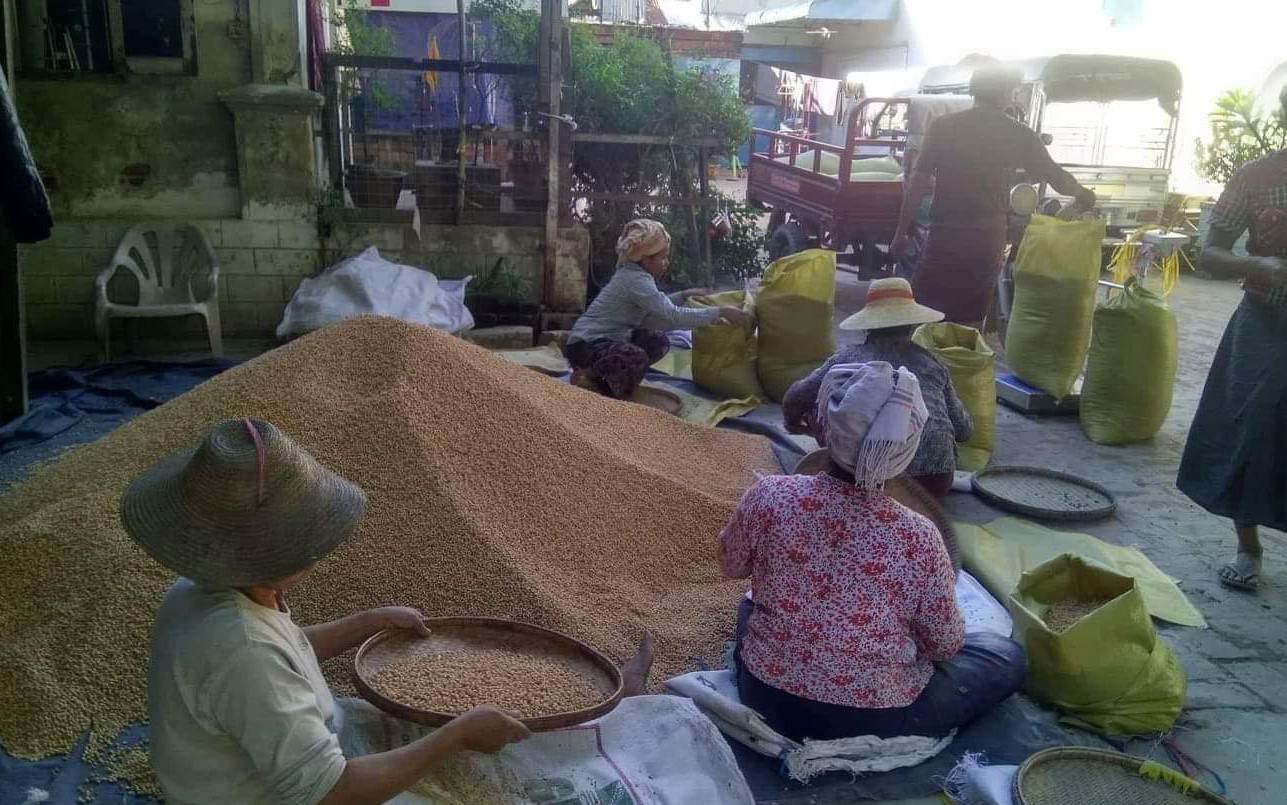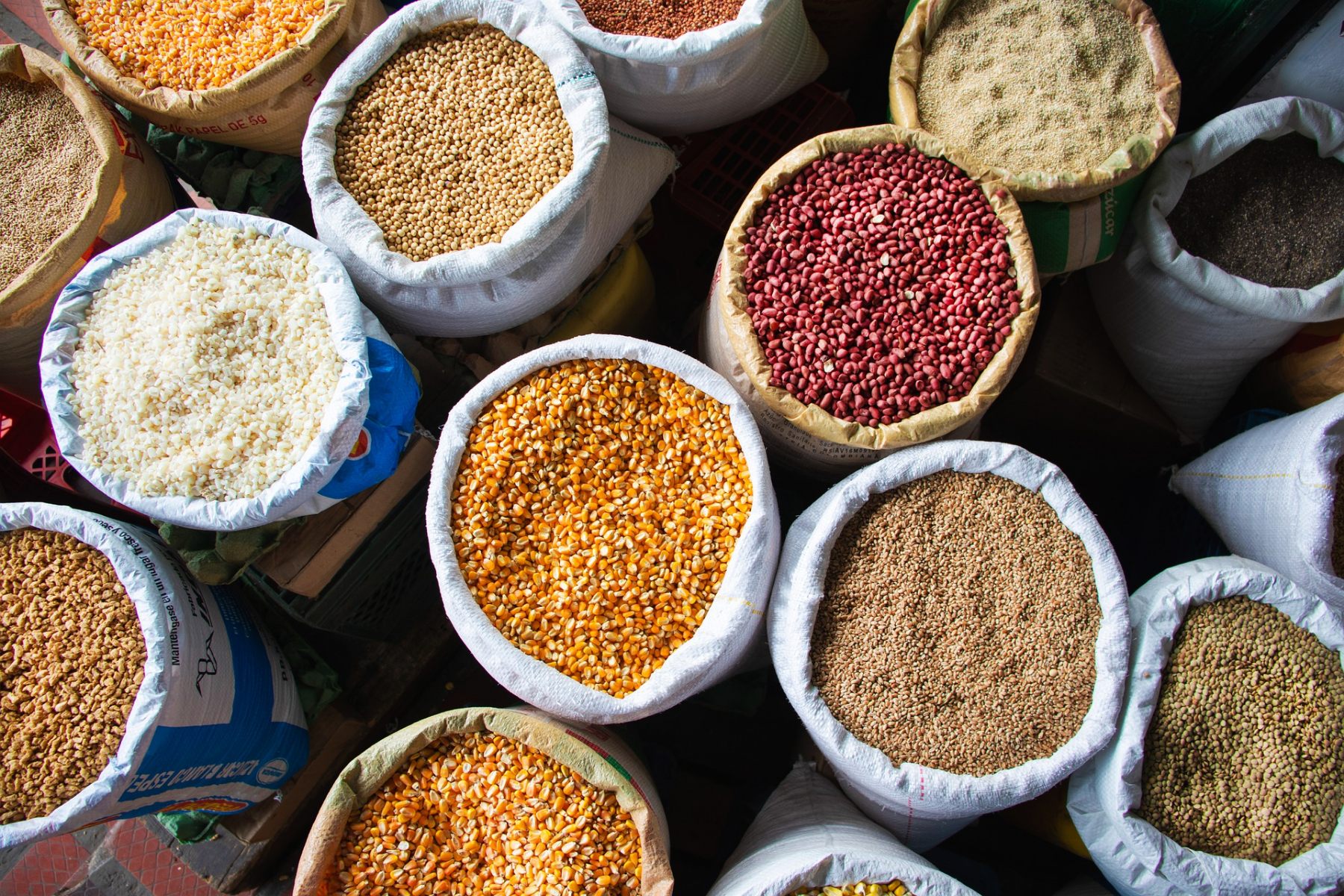CNI News
4 August 2022
Due to the gap between the official exchange rate of US$ set by the Central Bank of Myanmar and market exchange rates, illegal export of pulses and beans increased, pulses and bean merchants told the CNI.
Pulses and beans, which fetch as much as US$ 850 per ton depending on their kinds, are mainly exported to China and India, and about 90 percent of pulses and beans exports is traded illegally, U Aung Moe, a pulses and beans merchant, told the CNI.
“If exported legally, one truckload of pulses and beans can result in a loss of MMK 15 to 20 million. So, merchants have to find a profitable way for themselves and most pulses and beans are exported illegally. Exchange rates do not increase in other countries but MMK’s exchange rates against US$ have risen to about MMK 2,500 per US$ in the market. Indian Rupee’s exchange rate hovers around 79 rupee per US$. Responsible officials should consider narrowing the gap between the official exchange rate and market exchanges. If they can raise the official exchange rate to about MMK 2,050 per US$, more US$ will enter the market and will be available for imports. By September and October, monsoon crops will be harvested and more US$ will be available in the market. Then, the CBM can reset the exchange rate at about MMK 1,950 per US$ before floating the exchange rate. Now, the CBM has set the exchange rate at MMK 1,850 per US$ for a long time. So, merchants try to survive by illegal means. If they do not dare to break the law, they will have nothing to do,” he said.

The processing of pulses and beans.
The official exchange rate negatively affects merchants in the long term and illegal trade will be rampant, he added.
If illegal trade is rampant, the government will lose revenues and it is impossible to collect correct statistics on trade volumes and values, an economist told the CNI.
“It can be said that merchants from formal trade have turned to informal trade. In the past, Myanmar had to exert great efforts to encourage merchants to engage in formal trade. Now, it is estimated that the ratio of formal and informal trade in Myanmar stands at 50:50. At present, merchants from formal trade are turning to informal trade and this doesn’t bode well for the country. The amount of foreign exchange transferred from the formal banking sector will drop. This is not a good prospect for the country,” he said.
The stock of pulses and beans in the hands of farmers in rural areas was running low but merchants in towns still had the crops in stock and the demand was growing, U Kywe Oo, a pulses and beans merchant, told the CNI.
“The demand for pulses and beans has not dropped. Merchants from Yangon came to us to buy pigeon pea from us. In our Pakokku, prices of green gram, mung bean and pigeon pea stand at about MMK 45,000, MMK 50,000 and MMK 49,500 per bag respectively. As some pulses and beans are locally consumed, their prices do not fall,” he said.
Furthermore, entrepreneurs were not able to import goods from other countries due to the exchange rate gap and merchants said that shortages of imported goods were likely.




